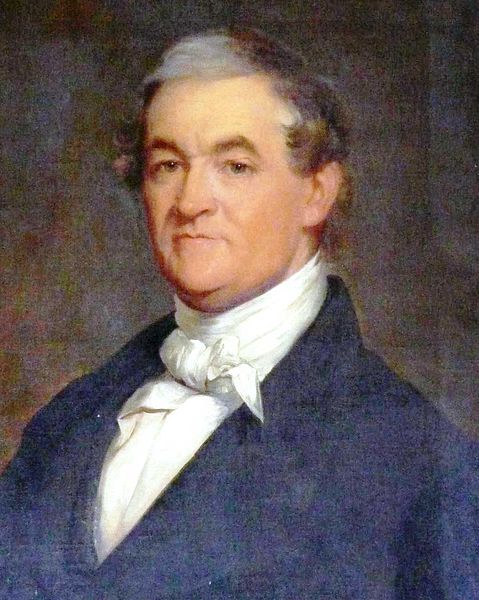1881 United States Senate special elections in New York
The 1881 United States Senate special elections in New York was held from May 31 to July 22 by the New York State Legislature to elect two U.S. senators to represent New York in the United States Senate. The elections were triggered by the May 16 resignations of Senators Roscoe Conkling and Thomas C. Platt, triggered by ongoing disputes with President James A. Garfield over federal patronage privileges in the state, particularly the lucrative postings at the New York Customs House. The resignations were intended to trigger the Senators' re-elections to affirm their support in the New York Legislature as a show of either popularity or political force. Instead, the legislature demurred for 52 days before electing Warner Miller and Elbridge Lapham in their place. During the balloting, President Garfield was shot; he died two months after balloting concluded.
Image: Warner Miller
Image: Elbridge G. Lapham Brady Handy
Roscoe Conkling
Thomas Collier Platt
Roscoe Conkling was an American lawyer and Republican politician who represented New York in the United States House of Representatives and the United States Senate.
Senator Conkling, c. 1866-68
Conkling's father Alfred was a United States Representative and Ambassador to Mexico.
Daguerreotype of a young Roscoe Conkling, c. 1855
Conkling began a long feud with James G. Blaine, future Secretary of State and Republican presidential candidate, during the 39th Congress.







